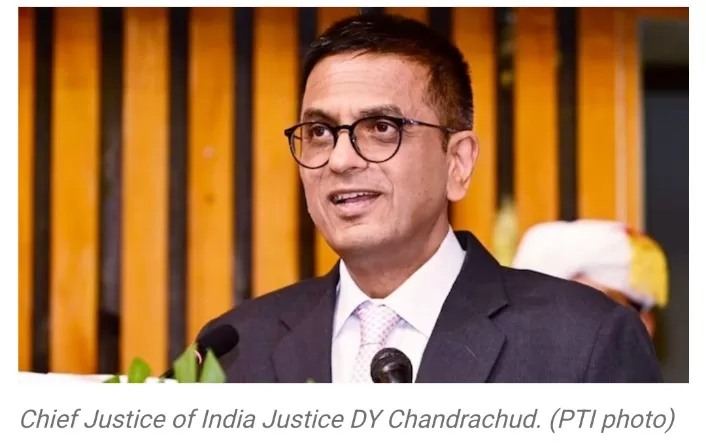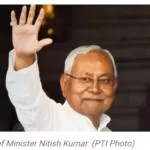In an eloquent address at the inaugural session of the United Nations Commission on International Trade Law (UNCITRAL) South Asia Conference 2023, Chief Justice DY Chandrachud drew attention to the prevailing gender disparity within various international arbitral tribunals and institutions.
Justice Chandrachud acknowledged the positive strides made by these institutions in forming regionally diverse panels of arbitrators, which have significantly contributed to breaking geographical and cultural barriers. However, he couldn’t ignore the glaring gender imbalance within these panels, describing it as a “diversity paradox.” He emphasized that less than 10 percent of Indian arbitrators on international institutional panels are women, and he cited the ICC’s 2022 report, which identified unconscious bias as a contributing factor.
The Chief Justice highlighted the Supreme Court’s recent launch of a gender handbook, designed to identify and eliminate gender stereotypes from judicial language and judgments. He expressed hope that this initiative would extend beyond public law and find resonance in the commercial realm.
Justice Chandrachud stressed the imperative need for female representation across all forms of dispute resolution. He commended some arbitration rules for adopting gender-neutral pronouns but emphasized that the majority of arbitrators remain male. He passionately advocated that women, representing all genders, deserve a place in all dispute resolution institutions.
Furthermore, the Chief Justice called for greater cooperation among South Asian countries in developing their legal systems and business practices. He noted the cultural and economic similarities among these nations and emphasized that their interconnectedness, particularly in the digital age, should pave the way for collective progress.
Justice Chandrachud also highlighted recent collaborations between India and other South Asian nations to enhance judicial education and research, illustrating the shared commitment to knowledge sharing and collective advancement.
Turning to India’s potential as an arbitration hub, the Chief Justice expressed optimism, recognizing that alternate dispute resolution mechanisms, such as arbitration, offer significant benefits, especially to smaller and mid-tier enterprises. He acknowledged India’s steady progression in this direction, with the establishment of numerous arbitration institutions and an increase in arbitration cases.
In a technological context, Justice Chandrachud detailed the Supreme Court’s digital transformation, from e-filing and real-time information systems to the National Judicial Data Grid and virtual entry pass issuance. He also mentioned the forthcoming collaboration between the Supreme Court and the Indian Institute of Technology (IIT), Madras, to incorporate Artificial Intelligence (AI) into the Court’s operations.
In a lighter moment, he shared an anecdote about live-streamed court hearings gaining popularity on YouTube, drawing a comparison to Netflix movies.
In conclusion, Chief Justice DY Chandrachud’s address at the UNCITRAL South Asia Conference shed light on critical issues of gender bias in arbitration, the need for cooperation among South Asian nations, and India’s promising future as an arbitration destination, all within the context of a rapidly evolving digital judicial landscape.







